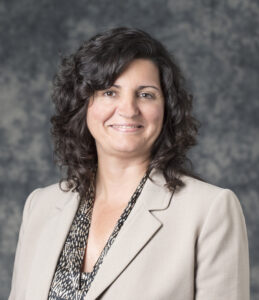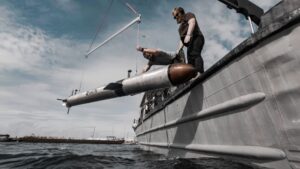
In this monthly column, Defense Daily highlights individuals from across the government, industry and academia whose efforts contribute daily to national defense, from the program managers to the human resource leaders, to the engineers and logistics officers. Jane Bishop is the sector vice president and general manager of the Global Surveillance division at Northrop Grumman Aeronautics Systems. In this role she oversees an integrated portfolio of systems that deliver the intelligence, surveillance, reconnaissance, targeting, and battle management command and control…

 By
By 








